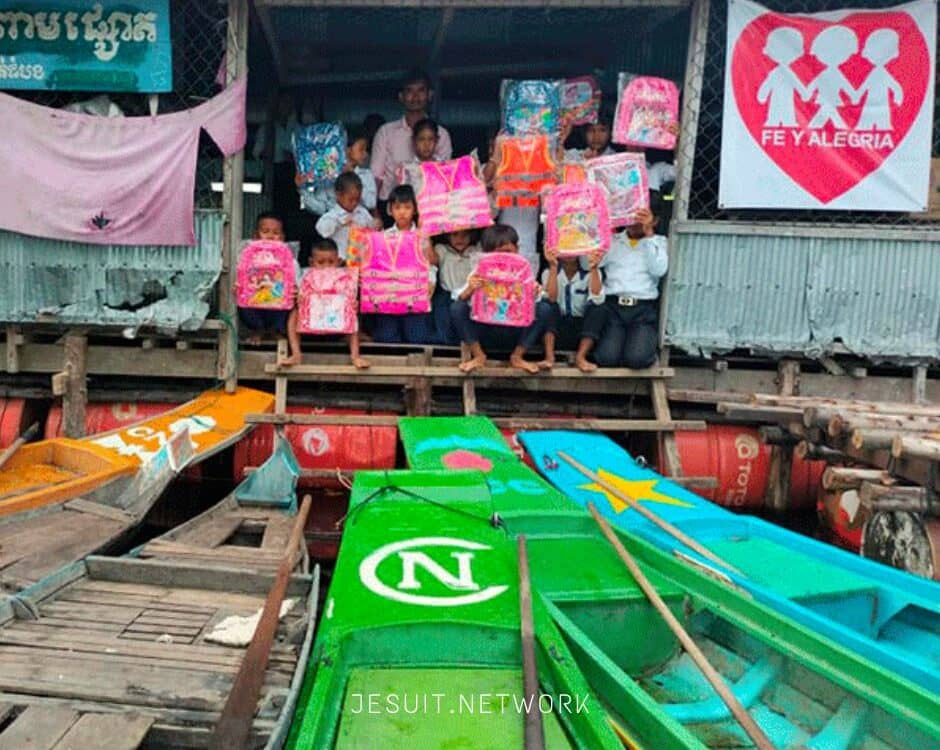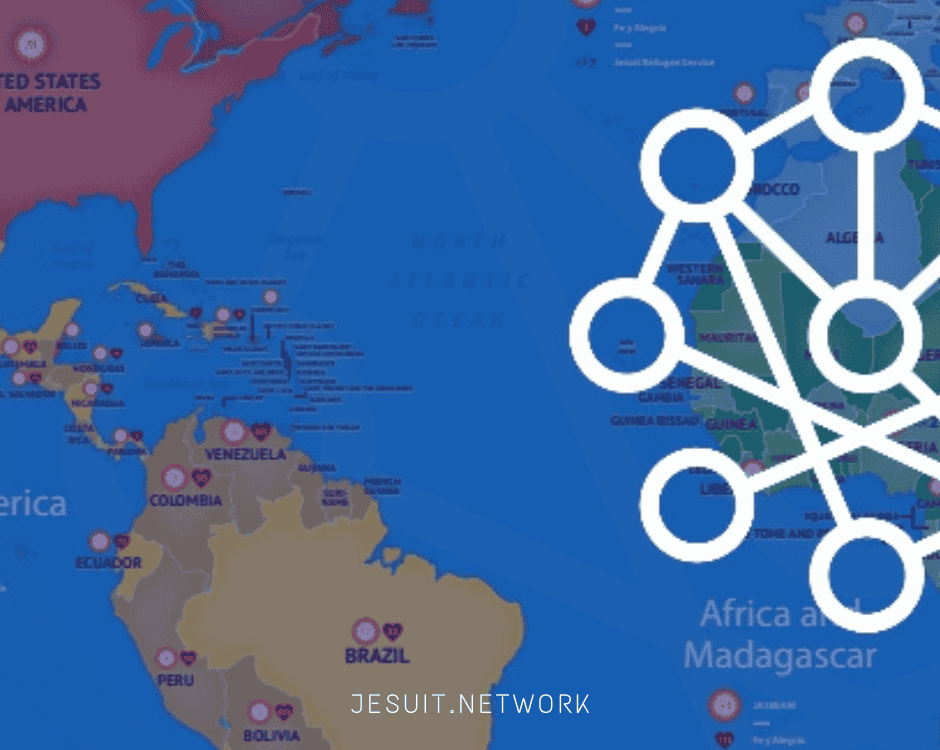[vc_row][vc_column][vc_column_text]
The network for governance of natural and mineral resources (GNMR) takes up the call to hope when working in contexts of extraction which are often ruled by conflict, deprivation and desolation. We experience this broken world first-hand because of an “economy that kills”, which displaces and expels people, damaging the land and natural goods, it divides people and communities, and exacerbates conflicts and wars. The call to hope is what encourages us to prevail, together with the firm belief that the destiny of our shared home also depends on what we do on these issues of extraction.
[pullquote align=»right»] The most vulnerable people and territories are the ones who suffer disproportionately the negative impacts of extraction, in many cases associated with high levels of violence. [/pullquote]The GNMR network was created in 2008 and was formalized two years later in the city of Ranchi, in Jharkhand, India. It consists of people and organizations that are specialized in research, social action and the promotion of human rights and peace. All of us do not have the same level of exposure and knowledge of the impact of extraction and the complex dynamics of the energy and mining industries in different regions around the world. But we share the same belief: the most vulnerable people and territories are the ones who suffer disproportionately the negative impacts of extraction, in many cases associated with high levels of violence. All of this to sustain lifestyles that are clearly unsustainable and all for the benefit of a few who are becoming richer.
The GNMR network helps us to better understand some of these dynamic complexities and to build bridges between us and other organizations from the academy, civil society and social movements that work for peace and justice in contexts of extraction. It helps us protest against injustices, when we consider that we need to do so and to propose alternatives whenever we have the opportunity. To do so, the role of communication and the strong partnership with our sister network Ecojesuit has been key.
It has been 5 years since Ranchi and the network has advanced, sometimes steadily and other times in fits and starts. We have managed to implement advocacy projects at the regional level but we have not been able to take a major step in the global sphere. We try to communicate more and better but we have not yet secured a clearer message and, more importantly, a sustained one. On the way, we have received the appeal of an encyclical that calls us to happiness, hope and the care for our common home. We trust that Loyola 2015 will enlighten us to do a better job and for that we will put the best of our hearts, our minds and our hands.
This post was written by Alicia Aleman Arrastio, project manager at the Basque development NGO, Alboan, and a member of the GIAN GNMR Core Group.
[/vc_column_text][vc_raw_html]JTNDc3R5bGUlM0UlMEElMEElMjN0aXRsZSUyQyUyMCUyM2hlYWRlciUyMCUzRSUyMGRpdi5jb250YWluZXIlMjAlN0IlMEFkaXNwbGF5JTNBbm9uZSUzQiUwQSU3RCUwQSUyM25hdmlnYXRpb24lN0IlMEFkaXNwbGF5JTNBbm9uZSUzQiUwQWJvcmRlci1ib3R0b20lM0ElMjAxcHglMjBzb2xpZCUyMCUyM2RkZGRkZCUyMCUyMWltcG9ydGFudCUzQiUwQSU3RCUwQWg0LnRpdHVsZXRlJTIwJTdCJTBBbWFyZ2luLXRvcCUzQTEwcHglMjAlMjFpbXBvcnRhbnQlM0IlMEElN0QlMEFhJTNBaG92ZXIlMjAlN0IlMEFjb2xvciUzQSUyMCUyMzAwODJDOCUyMCUyMWltcG9ydGFudCUzQiUwQSU3RCUwQSUzQSUzQXNlbGVjdGlvbiUyMCU3QiUwQWJhY2tncm91bmQlM0ElMjAlMjMwMDgyQzglMjAlMjFpbXBvcnRhbnQlM0IlMEElN0QlMEFkaXYucG9zdC10aHVtYiUyMCU3QiUwQW1hcmdpbi1ib3R0b20lM0EyMHB4JTNCJTBBJTdEJTBBJTIzdWktaWQtMiUyQyUyMCUyM3VpLWlkLTMlMkMlMjAlMjN1aS1pZC02JTJDJTIwJTIzdWktaWQtOCUyMCU3QiUwQWhlaWdodCUzQWF1dG8lMjAlMjFpbXBvcnRhbnQlM0IlMEElN0QlMEElM0MlMkZzdHlsZSUzRSUwQQ==[/vc_raw_html][/vc_column][/vc_row]





